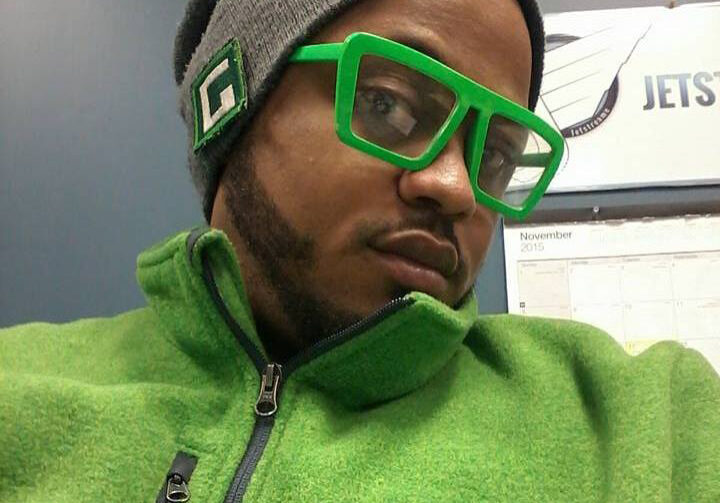Interactive touchscreen interface designer Pass It Down took the $100,000 top prize at the BREW High Stakes investment pitch competition, impressing the judges with its easy-to-use but powerful platform that enables cultural institutions like museums and other brands to create their own interactive experiences.
The event in Baton Rouge, which rounded out BREW 2019, drew several hundred people to watch four founders pitch their innovative companies to a panel of investors who had pledged $100,000 in investment capital to the winner.
The finalists emerged from a field of 44 entrants, which was narrowed to 11 semifinalists that pitched to investors during a closed-door meeting in October.
The other three finalists were Block Lawncare, an app-based, on-demand lawn care platform; Moxey, a digital bartering platform for small businesses; and Gilded, a blockchain startup that offers software that aims to simplify the cryptocurrency accounting process.
Pass It Down
Chattanooga, Tennessee-based Pass It Down is helmed by LSU law school graduate Chris Cummings. He says the multibillion-dollar cultural heritage industry is stuck in the past with outdated and expensive technology solutions for its digital exhibits. “The opportunity to bring it into the future is huge,” Cummings says.
Pass It Down offers a template library that lets museums, libraries and private brands quickly design and deploy touch screen interfaces for a variety of exhibit types.
The platform works on touchscreens and via phone, tablet or computer, and includes an analytics dashboard to give institutions valuable insights into their visitors. The product is a SaaS platform with annual license fees of $2,500 to $10,000, depending on the level of product.
Cummings says the company is gaining traction with museums and major brands with its easy-to-use platform, even with Cummings as the lone salesperson. Additional capital would allow the company to take its product to additional markets, he says.
Block Lawn Care
Baton Rouge-based Block uses its on-demand app in an effort to disrupt the traditionally low-tech industry of lawn care while also making a positive community impact.
With Block’s app, homeowners can select the lawn care services they need, get clear pricing, schedule service and pay. Also, solo lawn care operators can use it to acquire new customers and eliminate overhead expenses, the company says.
CEO Matthew Armstrong, who co-founded the company with Jacob Jolibois, says the lawn care business is plagued by operational inefficiencies. “We’re talking about a pen-and-paper industry that is not necessarily known for its customer support,” he says. “But this will not cut it nowadays.”
The startup has been rolling out its service in Baton Rouge and tweaking its product based on user feedback. It plans to launch in five new markets in the coming months. Armstrong says Block has thousands of registered users across the country, which “proved there is a national demand” for this type of service.
Crypto Bookkeeping with Gilded
New Orleans-based blockchain startup Gilded is a team of CPAs and developers producing software offerings to simplify the accounting process for cryptocurrencies like bitcoin.
Founder and CEO Gil Hildebrand says traditional accounting systems like QuickBooks don’t support cryptocurrencies, which means accountants who deal with their clients’ digital currencies typically have to use spreadsheets and transaction receipts.
“It’s all done manually,” Hildebrand says. “It’s tedious and error-prone.”
Gilded’s software automates the accounting process for digital currencies and integrates with QuickBooks to allow a more robust bookkeeping process. It also easily facilitates B2B crypto transactions. Hildebrand says the company’s bookkeeping and invoicing tools are already in use by blockchain companies and other businesses to ease back-office operations.
Moxey Money
Moxey is a community of several thousand business owners who buy and sell among each other — without spending cash — by using the community’s digital currency, Moxey dollars.
CEO Charlie Davis says the platform offers companies new customers that they wouldn’t have had, and they get to buy things they need without spending their cash. Davis says it’s an effective way for small businesses to meet new customers. “Our network is incredibly powerful,” he says.
The platform, which already has its own swipe machines and card, is in 16 cities and four states. About 4,000 business owners are using it, with 1,000 of those in the Baton Rouge area. Davis says the company plans to expand into other major markets soon.




